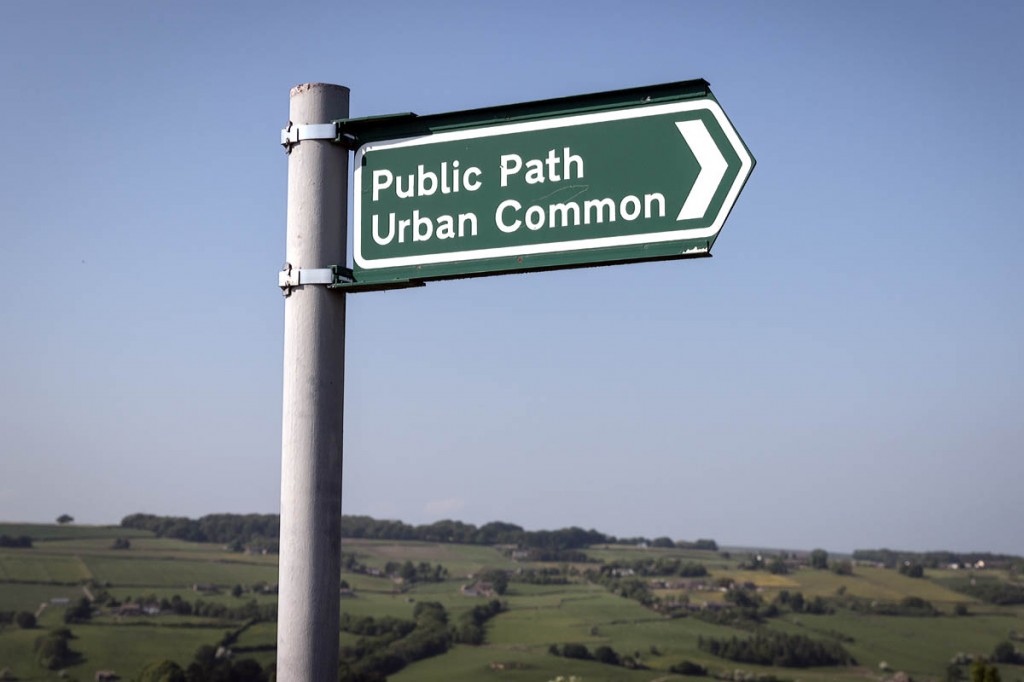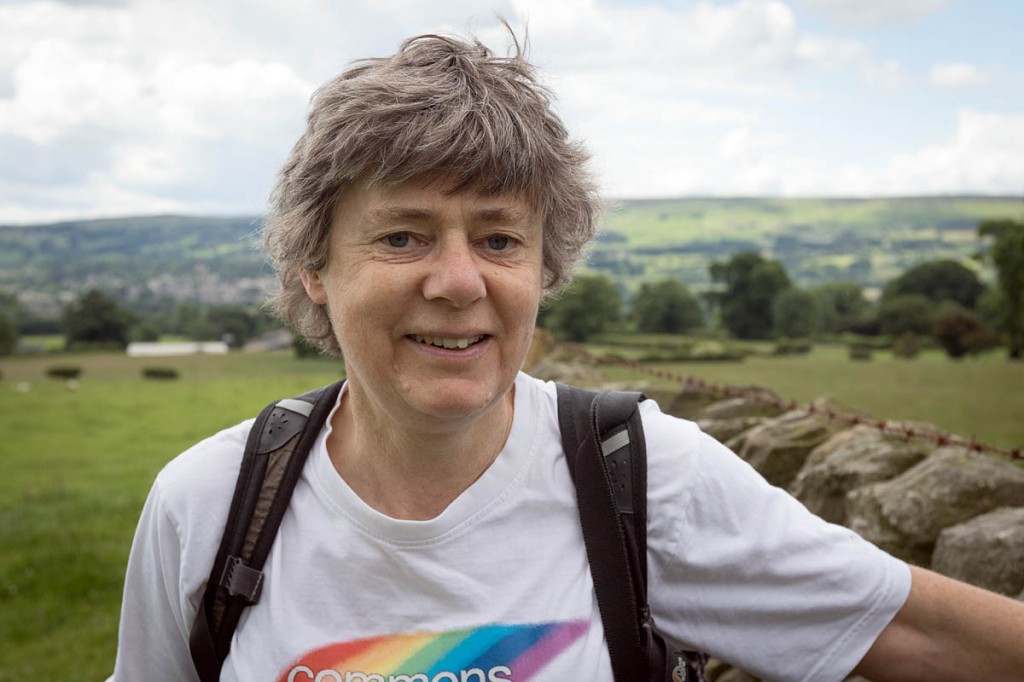
Footpath information will be included, but commons and greens will be optional. Photo: Bob Smith/grough
Campaigners have welcomed a change in planning procedure that means potential buyers of property will have to be told about rights of way crossing the land.
The Open Spaces Society said it and other groups had pressed for years for the information to be included on forms before a sale.
But it said it was disappointed similar information about commons and village greens would not be included.
From Monday, the OSS said it will be compulsory for the local authority to report the existence of public rights of way across or adjoining land which is for sale, or any pending applications for paths to be recorded.
The information will be included on the Law Society’s conveyancing form for England and Wales.
The society’s general secretary Kate Ashbrook said: “With other groups representing rights-of-way users we have for many years lobbied the Law Society to amend the form to include this information and we are delighted to have been successful.
“No longer will new property-owners be able to claim they did not know of the existence of a public path across their land. In the past after buying a property, unless their representatives bothered to check, they could find they had taken on a public path without realising it.
“We also argued that information about registered common land and village greens should be a compulsory question but unfortunately that has remained on the list of optional questions.
“This is a great shame since the public has the right to walk, if not to ride, on all registered commons, while on village greens local people have rights of recreation, and both types are protected from developments, so landowners would want to know whether their chosen property was registered common or green before they bought it.
“If they remain ignorant they might inadvertently try to develop the land, and would be surprised to find the public using it by right.
“But the inclusion of public rights of way in the compulsory section is a big step forward and we welcome it.”
